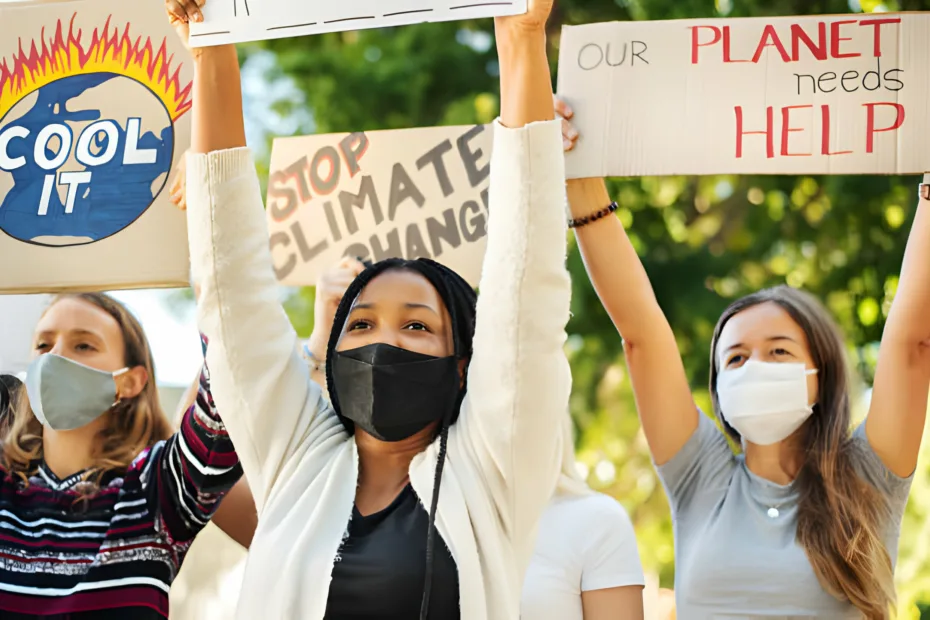Approximately 91 countries are positioned above the global median in at least one of four key areas including climate change vulnerability, according to a new report by Boston University Global Development Policy Centre.
This, the report says, is imperative to reduce emissions to meet Paris Agreement goals, and the potential to safeguard valuable land or coastal ecosystems.
It highlights the high vulnerability of Chad, Niger, and Guinea-Bissau to global warming while pointing out significant conservation opportunities in Cabo Verde, the Solomon Islands, and Papua New Guinea.
Attracting Capital in Contrast With Environmental Investment Requirement
The report assesses the capacity of 108 Emerging Markets and Developing Economies (EMDEs) to attract foreign capital and contrasts this with their environmental investment requirements up to 2030.
It reveals that 91 countries face significant obstacles in meeting their essential environmental investment needs due to the unfolding debt and development crisis.
The report calls for a comprehensive global initiative to assist vulnerable nations in averting financial collapse and addressing climate change.
This includes advocating for widespread debt relief and even proposing a China-led version of the Brady Bond plan.
It also warns that 62 developing economies, particularly in Africa and Oceania, are currently experiencing a full-fledged debt crisis or urgently require debt restructurings.
The combination of a surge in global interest rates in 2023, lackluster post-pandemic economic recoveries, and the costs of climate change has led to a near-record number of countries spending at least 20% of their government revenues on servicing their debt.
About 21 countries allocate half of these payments to multilateral development banks, while eight countries are in a similar situation with China, two with the Western “Paris Club” governments, and two with their international bondholders.
The report discussed the urgent need for action, stating that the world is at a critical juncture and immediate measures are necessary to address the interconnected global debt and environmental crises.
Global Sovereign Debt Roundtable Meeting
The call to action comes just ahead of 2024’s first meeting next week of the “Global Sovereign Debt Roundtable”, a group co-chaired by the International Monetary Fund (IMF), the World Bank and the G20 Brazilian presidency and whose job it is to formulate better ways to resolve debt problems.
Kevin Gallagher, a professor at Boston University, has called for greater “ambition” with the G20-led “Common Framework” default resolution program, which has been widely perceived as ineffective since its inception.
In addition to expediting debt restructurings, Gallagher suggests that countries should have the option to temporarily suspend debt payments before facing default.

